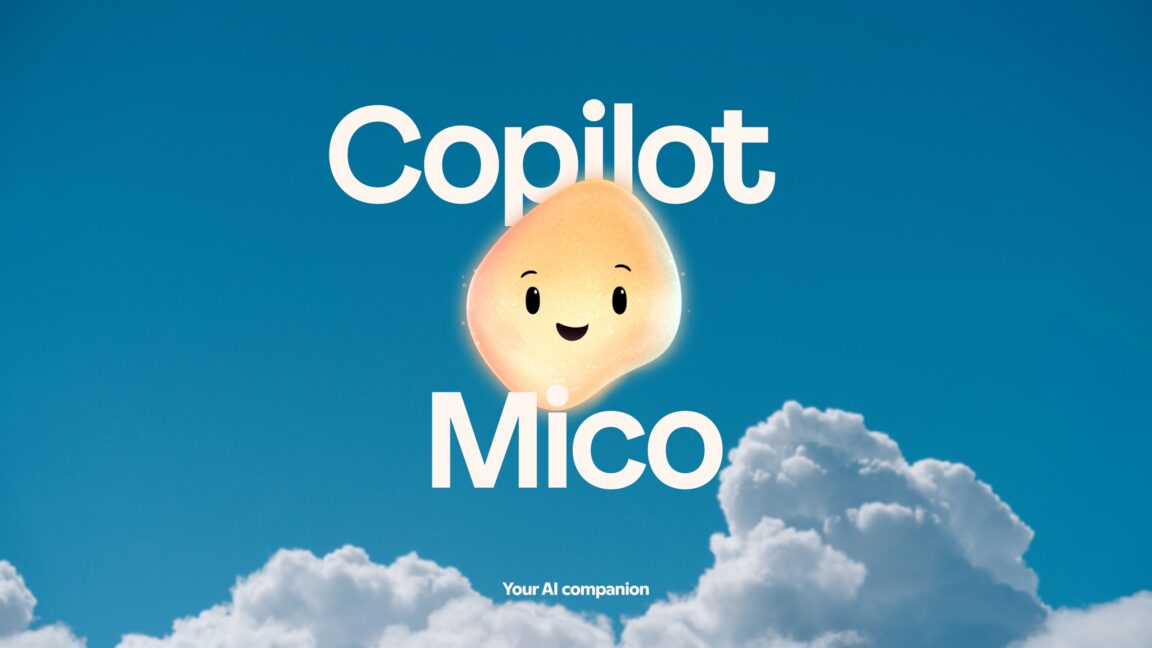
AI Adoption Surges Amid Growing Privacy and Security Concerns, Deloitte Survey Finds
A Deloitte survey of U.S. consumers shows that while more than half are experimenting with or regularly using generative AI, a majority also express strong worries about privacy and security. About four in ten respondents pay for AI services, yet concerns about data misuse, inaccurate results, and companies’ focus on competition over problem solving persist. Users increasingly verify AI outputs and remain reluctant to share personal data, highlighting a trust gap that tech firms must address.








